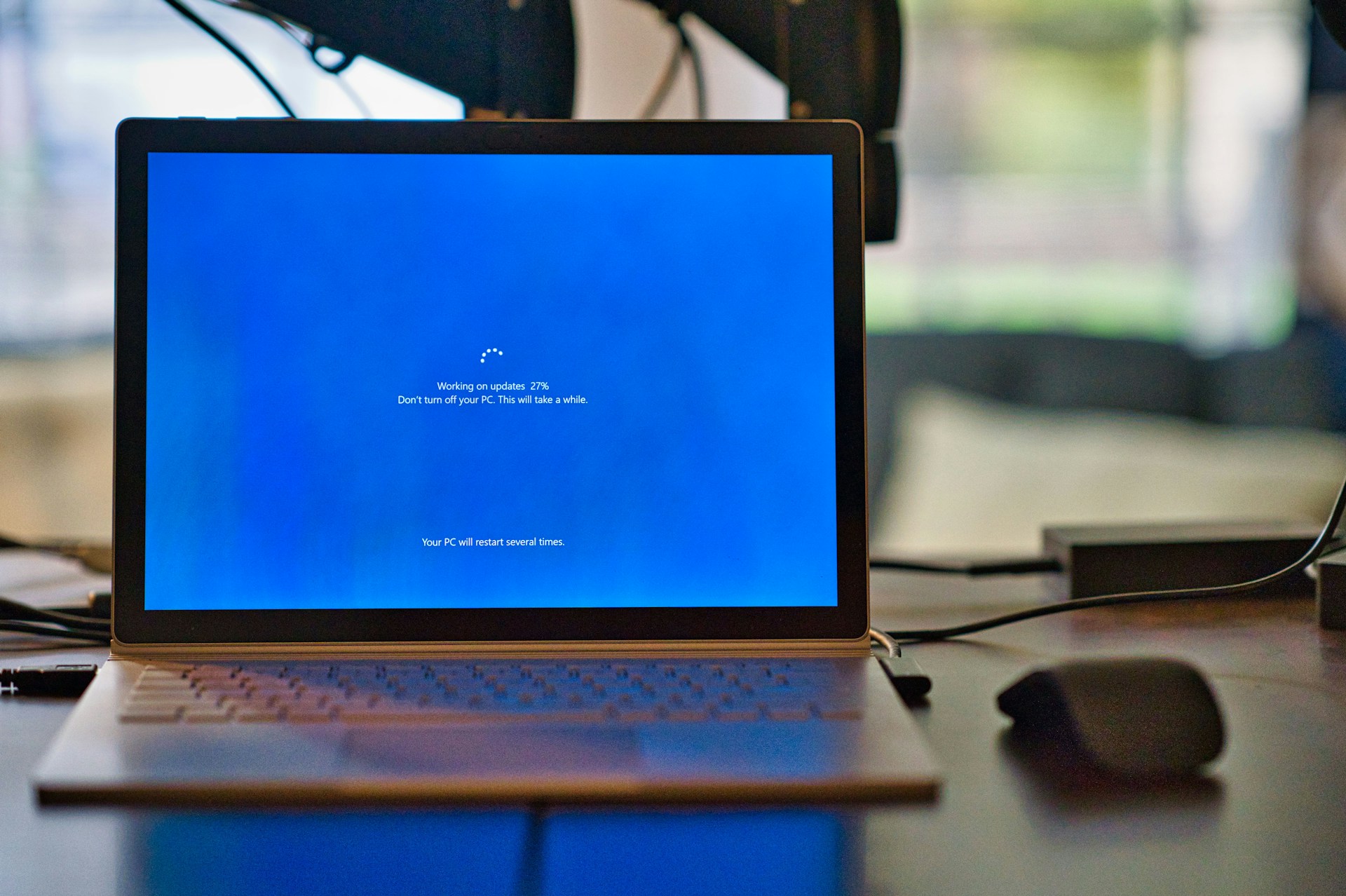
Openvibe Unites Alternative Social Networks with Threads Support
Openvibe app expands cross-posting capabilities to Meta's Threads, simplifying user experience across multiple social networks

Reese Morgan

The Supreme Court has agreed to hear arguments on a case that could significantly impact the Universal Service Fund (USF), a program that provides critical broadband access to low-income and rural areas. The case, Federal Communications Commission v. Consumers' Research, and Schools, Health & Libraries Broadband Coalition v. Consumers' Research, centers around the FCC's authority to set contribution rates for telecommunications companies to pay into the USF.
The USF is a nonprofit program managed by the Universal Service Administration Company, which helps provide funding for people who are low-income or in rural areas to access telecommunications and broadband services. The program also assists schools in getting internet access and equipment. However, the Fifth Circuit Court of Appeals has ruled that the funding arrangement around the USF violates the Constitution, prompting the Supreme Court to take up the case.
The case has significant implications for the FCC's authority, particularly in the wake of the Supreme Court's Chevron ruling earlier this year. The Chevron doctrine had allowed courts to defer to agency expertise, but its dismantling has limited the FCC's power. If the Supreme Court rules against the FCC in this case, it could further erode the agency's authority and jeopardize the USF.
The industry is closely watching the case, with three industry groups – NTCA, Competitive Carriers Association, and USTelecom – applauding the Supreme Court's decision to hear the case. They argue that the Fifth Circuit's ruling defies Supreme Court precedent and other circuit court decisions, and threatens to undermine universal service programs that have served millions of rural and low-income consumers, rural health care facilities, and schools and libraries across the nation.
The Supreme Court has asked the parties to also file briefs about whether the case is moot since the challengers didn't seek preliminary relief before the appeals court. This adds another layer of complexity to the case, which could have far-reaching consequences for the USF and the FCC's authority.
The outcome of this case will have significant implications for the millions of Americans who rely on the USF to access critical broadband services. As the Supreme Court prepares to hear arguments, the tech industry and policymakers will be watching closely to see how this case will shape the future of broadband access in the United States.
In a broader context, this case highlights the ongoing debate around the role of regulatory agencies in shaping the tech industry. As the FCC's authority is increasingly challenged, it raises questions about how to balance the need for regulation with the need for innovation and progress in the tech sector. The Supreme Court's decision in this case will have significant implications for this debate, and will likely shape the trajectory of tech policy in the years to come.

Openvibe app expands cross-posting capabilities to Meta's Threads, simplifying user experience across multiple social networks


Google's Play Protect updates with live threat detection, scanning apps for suspicious behavior in real-time, and scam call detection features.

Microsoft has disclosed a significant security incident involving a two-week outage of security logs for several of its cloud product
Copyright © 2023 Starfolk. All rights reserved.